
Genre: Comedy Drama
Director: Jirí Menzel
Starring: Václav Neckář, Jitka Bendová, Josef Somr, Vlastimil Brodský, Vladimír Valenta
Language: Czech, German
Duration: 93 min.
Summary:
At a village railway station in occupied Czechoslovakia, a bumbling dispatcher’s apprentice longs to liberate himself from his virginity. Oblivious to the war and the resistance that surrounds him, this young man embarks on a journey of sexual awakening and self-discovery, encountering a universe of frustration, eroticism, and adventure within his sleepy backwater depot.
Closely Watched Trains also known as Closely Observed Trains, is the feature film debut from Czechoslovak New Wave filmmaker Jirí Menzel, based on a novel written by Bohumil Hrabal. Released in Czechoslovakia in 1966, it won the 1967 Academy Award for Best Foreign Language Film.
Here is another wonderfully joyous example of 60's Czech cinema with an unambitious simple story, wry humour, and ever so poignant examination of the human condition.
Near the end of the Second World War, young Milos (Václav Neckár), who as we are told at the beginning is descended from a long line of slackers and as it turns out he doesn't fall far from that tree, gets his first job as an unpaid apprentice at the local train station. A job that requires much sitting or standing around while watching trains go by. Like most every young man, his main goal in life is to lose his virginity, and amongst the dangerous backdrop of a rapidly shrinking German front and a local organized underground resistance movement, Milos tries with varying comedic results to become a man.
But it's so much more than just a coming of age sex comedy, it's a work of pure genius in which Menzel presents us with so many beautiful images, visual and musical gags, and forever memorable scenes that it is impossible to know where to start. He captures all the little joys, triumphs, disappointments, and tragedies of life in a deceptively minimal style and short span of time (barely an hour and a half) with such great ease and in that amazingly subtle yet absurd Czech way.
The greatest of which has to be the late night encounter in the station office between Hubicka (Josef Somr) the womanizing train dispatcher, and Zdenka (Jitka Zelenohorská) a flirtatious telegraphist. Coming right after one of the most serious moments in the film, its a masterful sequence of playful seduction that immediately lightens the mood. Let me tell you, rubber stamps have never been and will never be more erotic than shown here.
The characters may not all be lovable, but they are all carefully crafted and fully realized with charmingly natural performances. The stunning black and white cinematography needs no help, the pictures here are evidence to that. The story might be a bit slow and meandering for those used to the quick pace of modern films, but attentive viewers will easily be enraptured by the depth of every exquisitely detailed moment.
International success has made this is one of the most famous films of the Czech New Wave, and for good reason. It remains one of the great cinematic achievements of that brief era in time, and for me immediately ranks up there with the best first films by any director.
I wholeheartedly agree with what Lisa Thatcher wrote in the opening line of her recent review of this classic. "Last night I watched the most glorious film. How can there be this much beauty in the world?" How indeed.
— Bonjour Tristesse









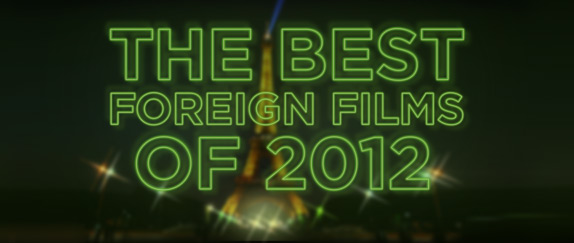


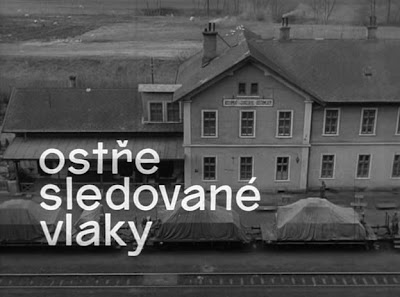






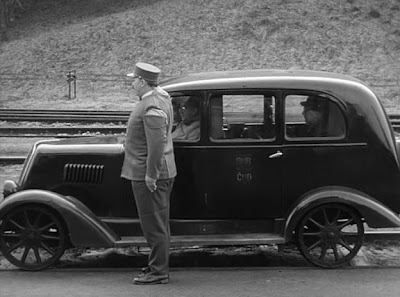

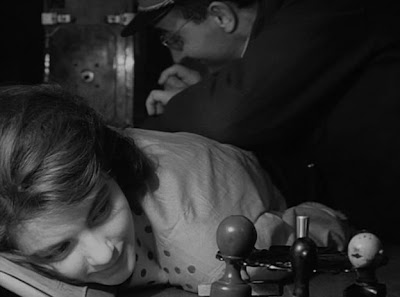
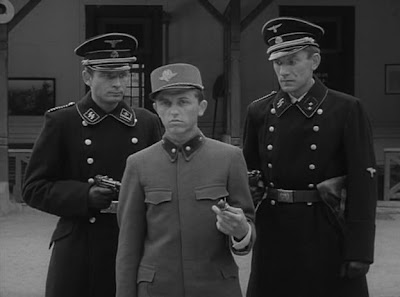


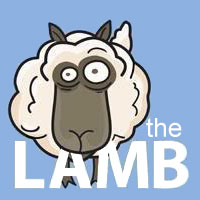




10 comments:
Thanks Michael. I've made so many incredible finds already, I'm glad you are following along.
I love this Czech New Wave series! It makes me discover some superb gems that I wouldn't have been to if it wasn't for your interesting reviews!
That's a good call. The only other of his I've seen is Larks on a String and you know how much I adored that. But that was made 2 years after this. I'll have to see if I can get my hands on some of the later works.
Yeah it is amazing how much insight and detail is in this film, it feels like the work of a seasoned director. I wonder how his later work compares?
Oh yes that foie gras stuffing scene was hilarious.
I know. Sounds weird right
This is SUCH an amazing film. It's so subtle - packed with meaning and symbolism, and yet feather-light-weight so you never lose the sense of it being a comedy.The opening montage dwelling on Milos' proud family history of men who have conspired to do nothing and succeeded is hilarious.
I can't believe Jiri Menzel made this at age 28!
Thanks so much for the link to my review.
What an enormous, wonderful pleasure it was to watch, dissect and dwell upon this film. I'm so so glad you enjoyed it.
I'm intrigued. I'm pretty sure I'll like it with what's been said here, I look forward to it!
The very overt sexual symbolism in this movie absolutely cracked me up- the couch stuffing above the tight opening, the woman stroking the goose's neck, the boy's long trek through sexual pubescent awkwardness ending on an exploding train...
Rubber stamps, you say?
Post a Comment